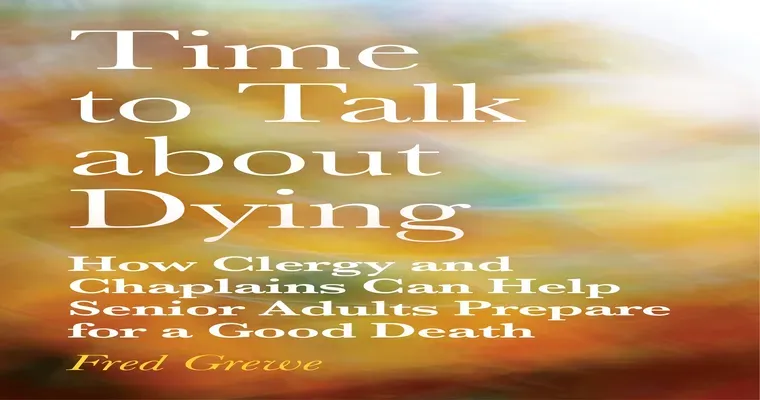When it comes to discussing "death" and "dying", many people tend to shy away from the topic. However, engaging in conversations about these inevitable aspects of life can actually be beneficial for our mental and emotional well-being. In this article, we will explore the reasons why talking about "mortality" can lead to a more fulfilling life and help us cope with our fears and anxieties.
One of the primary reasons discussing death is crucial is that it encourages "open communication". Many individuals find it difficult to express their thoughts and feelings about dying, which can lead to feelings of isolation and fear. By fostering an environment where conversations about death are welcomed, we can create a supportive space that allows individuals to share their concerns, hopes, and uncertainties. This can help alleviate feelings of loneliness and provide comfort during difficult times.
Moreover, talking about death can help us confront our "fears". Many people fear the unknown aspects of dying, which can lead to anxiety and stress. By engaging in discussions about death, we can demystify the process and gain a better understanding of what it entails. This knowledge can empower us to face our fears head-on, allowing us to live more fully in the present rather than being preoccupied with worries about the future.
Additionally, discussing death can encourage us to reflect on our "values" and priorities. Conversations about mortality often prompt us to consider what truly matters in life. This reflection can lead to meaningful changes in our lives, such as strengthening relationships, pursuing passions, or even making amends with those we may have conflicts with. Ultimately, recognizing the finite nature of life can inspire us to live with intention and purpose.
Furthermore, engaging in dialogue about death can foster a sense of "community". When we share our thoughts and experiences surrounding dying, we often find common ground with others. This shared understanding can create bonds and strengthen relationships, as individuals realize they are not alone in their feelings or experiences. In times of grief, having a supportive community can make a significant difference in our ability to cope and heal.
Lastly, talking about death can provide a platform for discussing "end-of-life planning". Conversations about mortality can lead to important discussions regarding wills, healthcare directives, and final wishes. Addressing these topics while we are still healthy can alleviate burdens on our loved ones and ensure that our wishes are respected. By planning ahead, we can approach death with dignity and peace of mind.
In conclusion, talking about "death" and "dying" is not only a healthy practice but also an essential part of living a fulfilling life. By fostering open communication, confronting our fears, reflecting on our values, building community, and engaging in end-of-life planning, we can transform our understanding of mortality into a profound source of strength and wisdom. So, let’s embrace these conversations and recognize that discussing death can ultimately enrich our lives.





